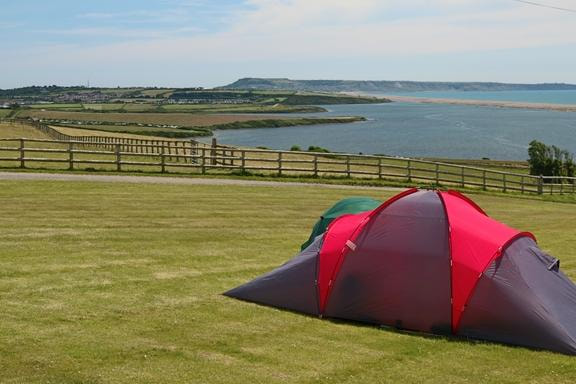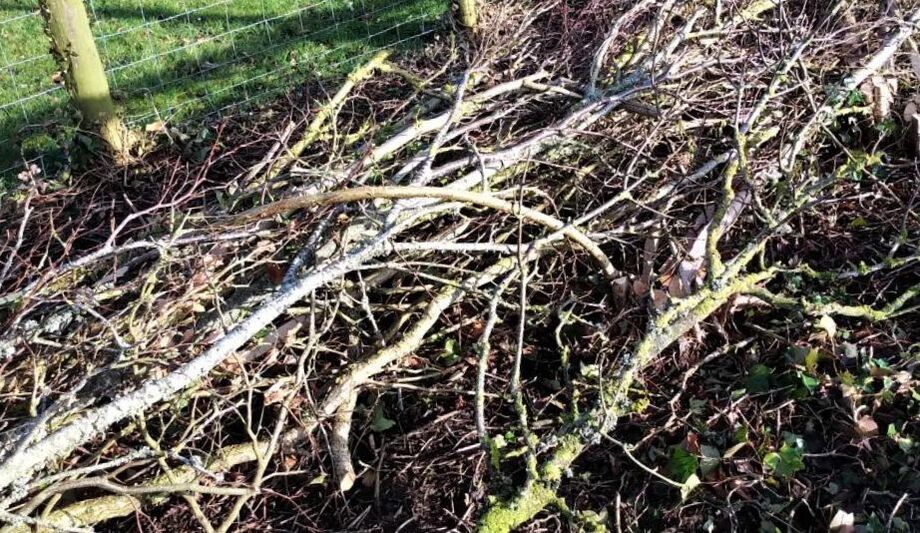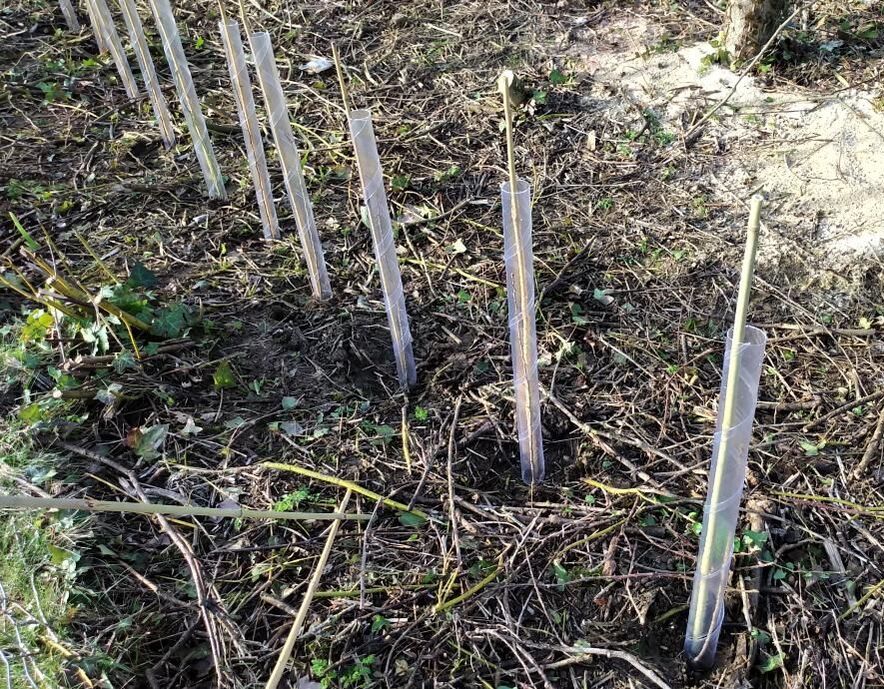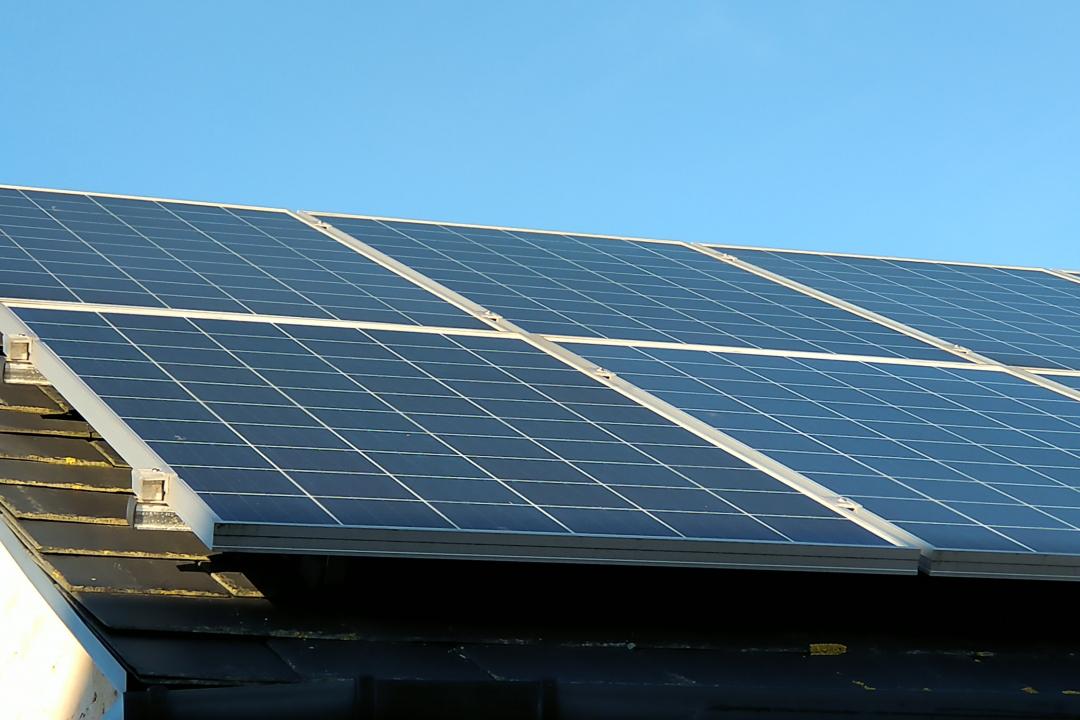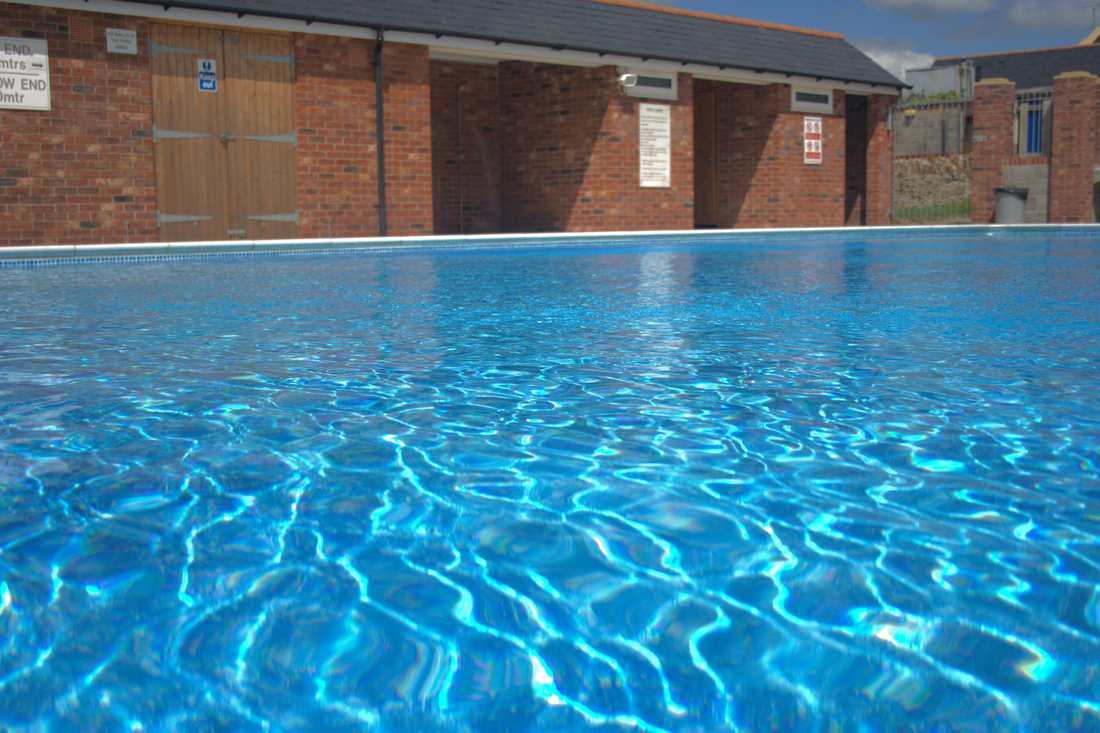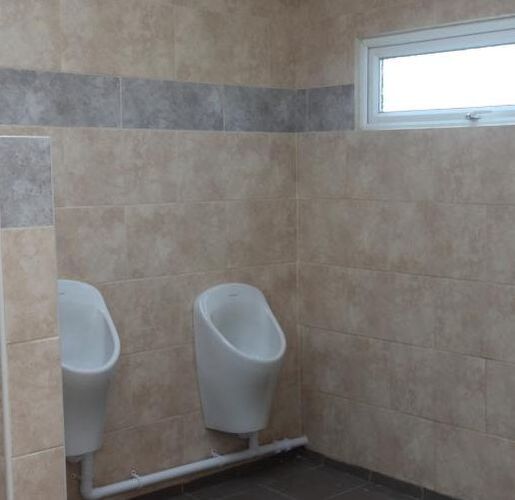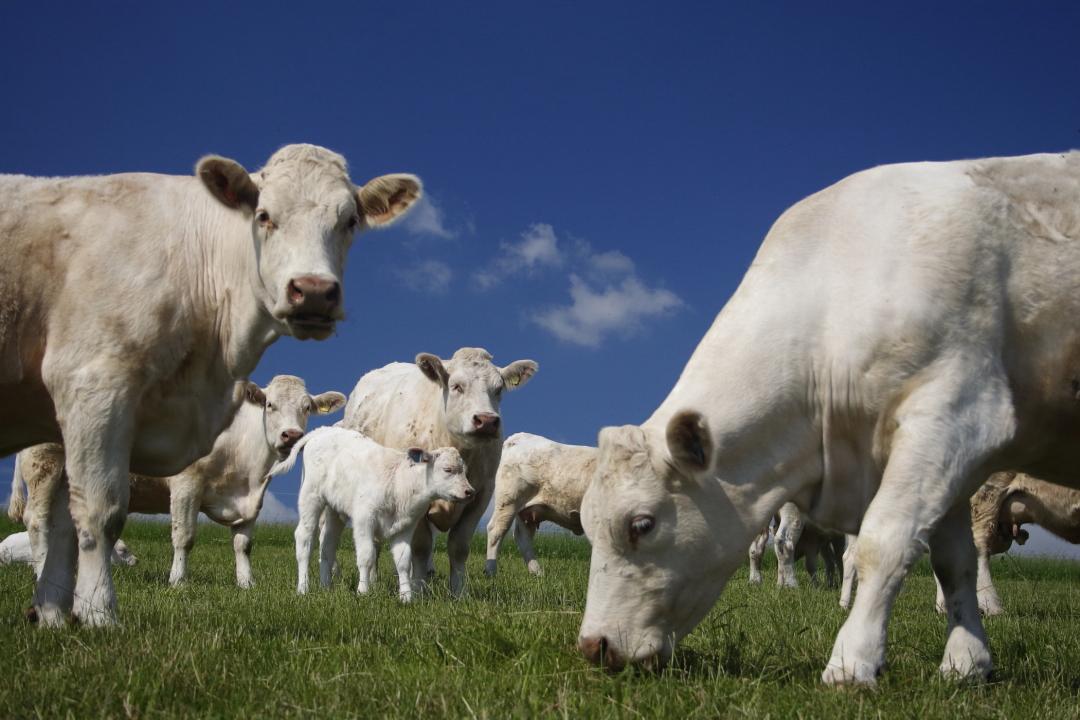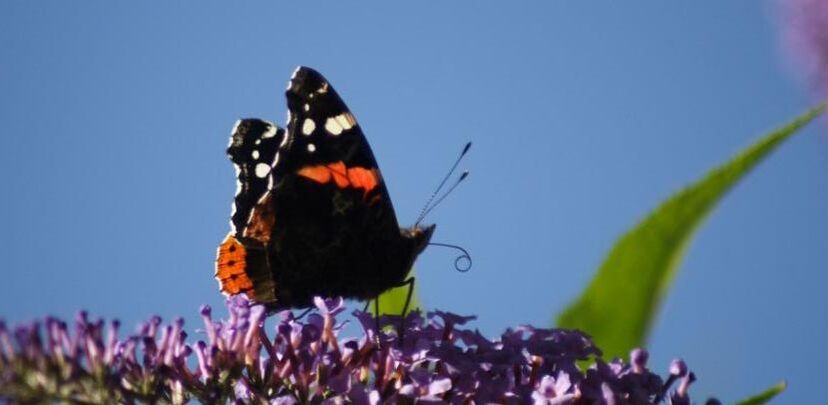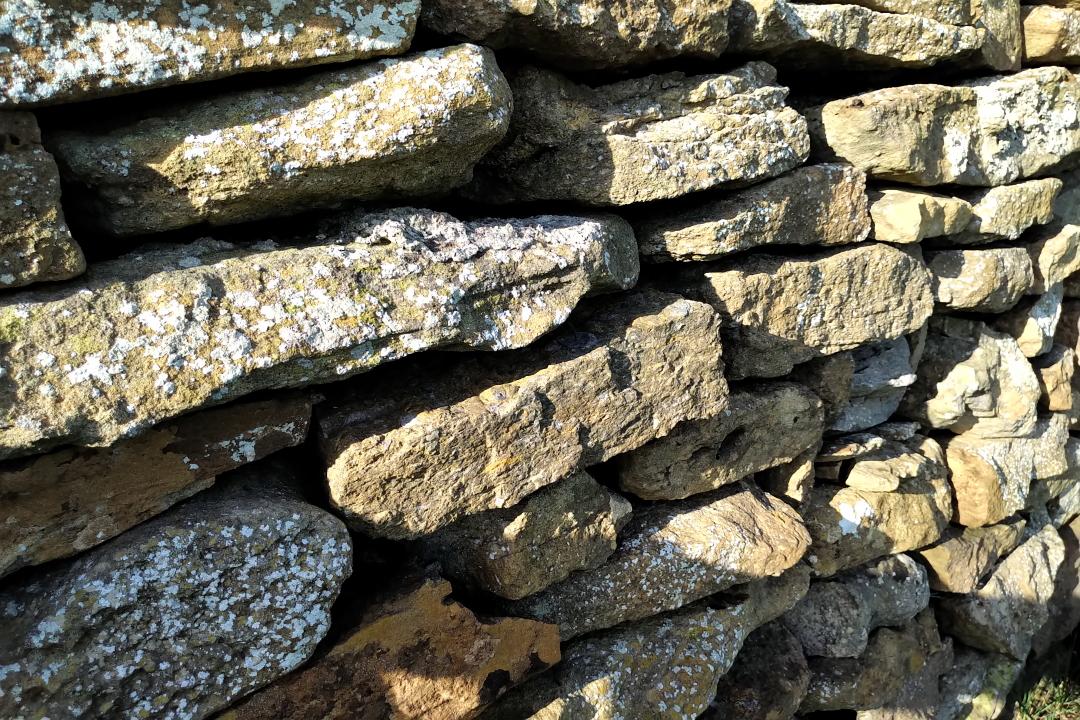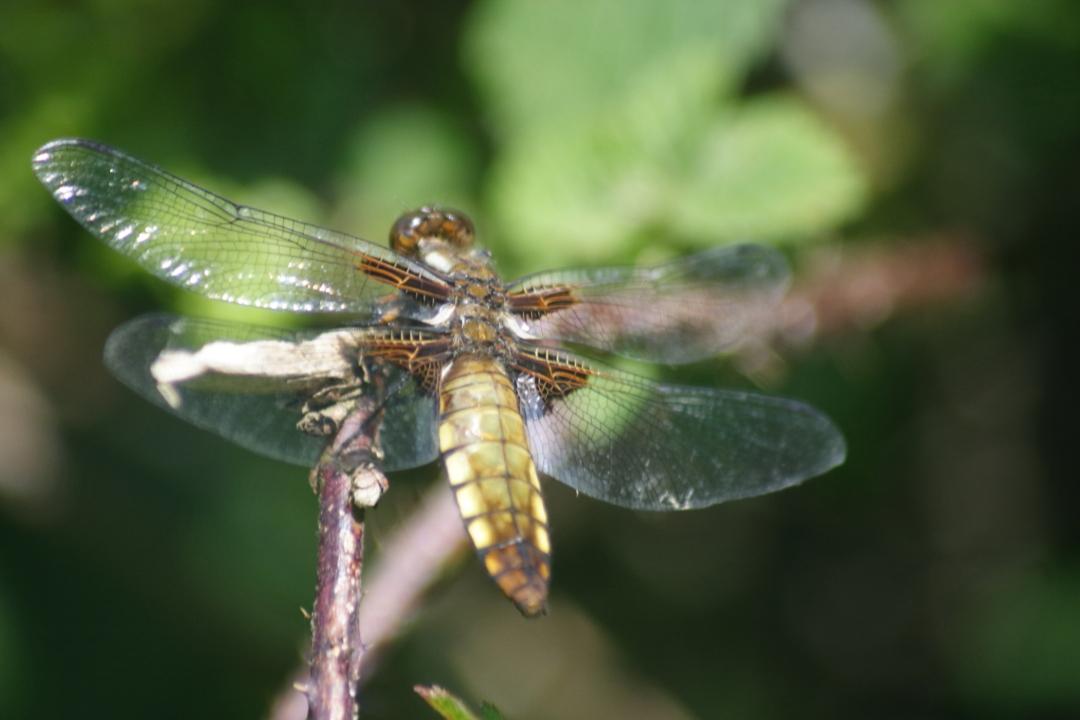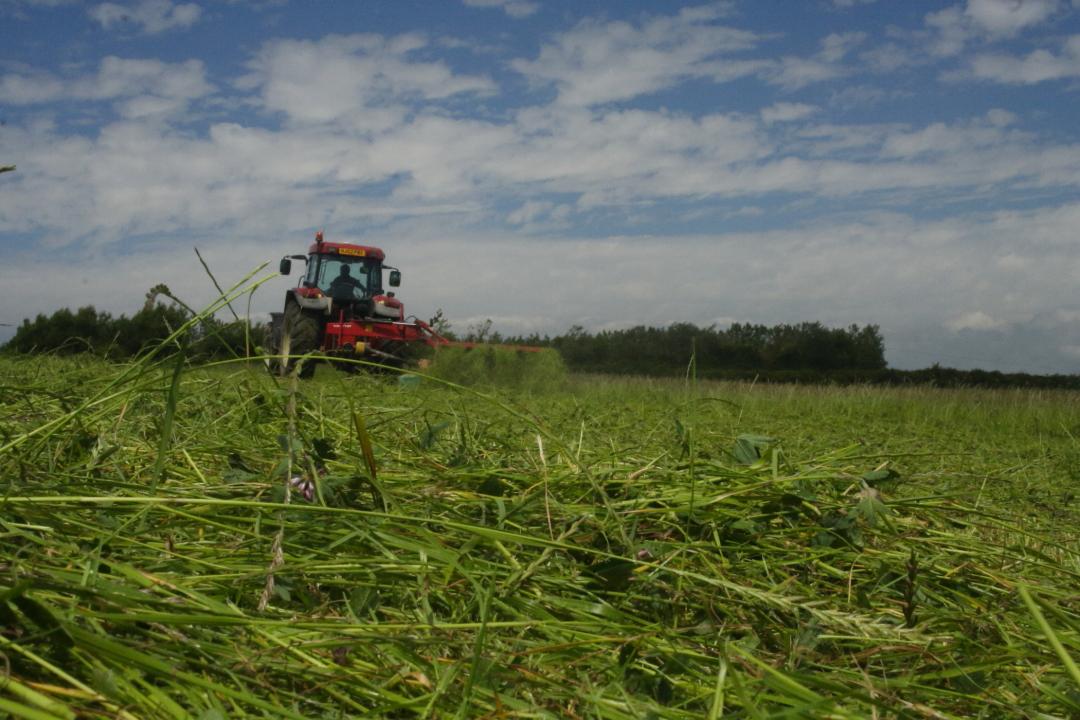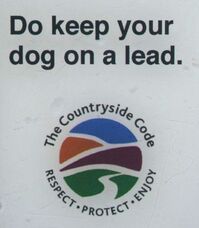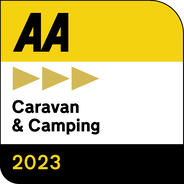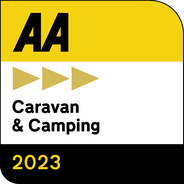Thinking Globally - Acting Locally
|
Since 2017 Sea Barn and West Fleet Farms have operated their own solar arrays, which help to meet the camping parks’ and farm’s requirements for electricity as well as supplying renewable energy back to the National Grid when solar production exceeds our local needs. Thanks to the solar panels we reckon we’re saving about 20 tonnes of carbon dioxide a year from being released into the atmosphere or the equivalent of planting around an extra 100 trees a year. We’re also switching to energy efficient LED lighting where we can.
|
|
|
Cutting CO2We’ve been taking steps to increase carbon capture and wildlife habitats by planting trees. We’ve tried to reduce our carbon footprint by adopting new technologies to produce and use renewable energy where we can and switched to cleaner fuels where we can’t, just yet. We’ve tried to reduce: the amount of water we use; waste we produce; and tried to make it easier for our guests to recycle. We’ve also done our bit in trying to make our supply chains shorter and more local where we can.
For many years we’ve been planting new trees and hedges around the camping parks and across the farm, using thousands of native trees and shrubs. We are also working hard, especially in the cold wet winter months, to manage and preserve the hedges, trees and woodland we already have. |
Renewable EnergySince 2017 Sea Barn and West Fleet Farms have operated their own solar arrays, which help to meet the camping parks’ and farm’s requirements for electricity as well as supplying renewable energy back to the National Grid when solar production exceeds our local needs. Thanks to the solar panels we reckon we’re saving about 20 tonnes of carbon dioxide a year from being released into the atmosphere or the equivalent of planting around an extra 100 trees a year. We’re also switching to energy efficient LED lighting where we can.
|
|
|
Increasing EfficiencyHeating water for campers’ showering and washing requirements is a power-hungry business and so like many home owners we’ve gradually switched from oil fired boilers to more efficient and cleaner-burning gas appliances. A gas boiler is also used as back-up heating for the swimming pool at West Fleet, but the main heat source is an electrically powered, eco-friendly “heat pump”, which uses some of the power from the solar array to heat the pool.
The heat pump works a bit like a fridge in reverse, compressing gas to liquid and then allowing it to expand again from liquid to gas. Instead of using the cold that’s created in the expansion process to make things colder, the heat pump uses the warm air created on compression to make the pool water hotter – simples! Of course it’s not just inputs like power that have an impact on our environment. Water and waste are also big issues. In 2019 the camping parks installed modern state-of-the-art waste water treatment facilities and has also been trying out new, flush-free urinals to try and reduce water consumption and the volume of waste water that needs to be processed…which is nice! We also ask our customers to do their bit to help save the planet too. For many years we have provided recycling bins for glass, card, plastics and cans and have provided customers with recycling bags to make that process even easier. |
Cutting Food MilesWhere we can, we use local suppliers to cut down food and other miles as well as helping to support local businesses and infrastructure. We use and sell beef born and reared on the farm, where the animals are fed grass and cereals grown here too. They spend spring, summer and autumn grazing the pastures around the farm, only coming indoors for the cold and wet of winter to feed on hay and grass silage harvested during the summer.
All of these things, some visible to guests, others hidden behind the scenes, are helping to make your camping holiday at Sea Barn and West Fleet Farms kinder to the planet locally and, in a small way, globally. |
|
|
Wildlife and Plants (Biodiversity)As well as making your stay more scenic, enhancing the local hedgerows, woodland, drystone walls and grassland habitats also helps make the farm and camping parks more attractive to other visitors too. The farms and parks are rich with wildlife all the year round, so even when closed to campers, we are still taking good care of our other guests, like woodpeckers, thrushes, skylarks, a wide range of members of the tit family and a host of other woodland, hedgerow and farmland birds.
Of course the flip side to a heathy bird population is that they are also a tempting food source for predators. Sparrow hawks, buzzards and other birds of prey are often around, while at night, it is not uncommon to hear owls hooting or screeching. For them the small mammals of the hedgerows, pastureland and cornfields are a food source not to be missed. Added to this wonderful diversity of wildlife the farm and camping parks also support larger species such as deer, foxes, badgers, rabbits, hares, stoats and weasels. The hedges, walls and trees also make an excellent home for much smaller animals like butterflies, moths and other insects. There are amphibians and reptiles too with toads, slow-worms, lizards and even adders being seen around the farm. With this wealth of wild animals along with cattle and horses grazing the pastures and an internationally recognised and protected nature reserve in the Fleet Lagoon we hope it’s obvious why we expect guests to keep their dogs on a lead all the time. We think it is a small price to pay to help keep our environment as diverse and beautiful as we can, especially in protecting skylarks and other ground nesting birds from being disturbed. With the exceptions of helping us to recycle your waste, not dropping litter and taking responsibility for your dog, we don’t want you to worry about the impacts your holiday might have on the global and local environment. We want you to relax and enjoy this beautiful part of the world safe in the knowledge that we are working very hard to minimise the footprint you leave behind. |
Location |
Contact UsWest Fleet Holiday Farm
|
